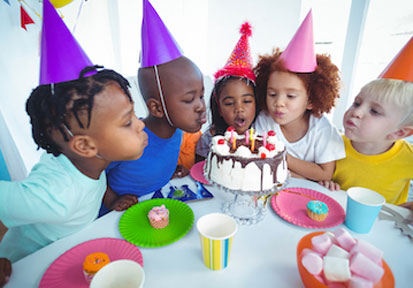Making and sustaining friendships is an important part of children’s growth and development. But military kids, who move often, might have to make new friends several times throughout childhood and adolescence. The ability to engage in conversations and openness towards others helps kids develop friendships.
What can you do to help your military kids make new friends?
- Model friendly behaviors such as greeting new people, asking questions to encourage conversation, and treating others with respect. Be open to making new friends yourself when you move to a new location.
- Emphasize the qualities that make someone a good friend. Encourage your kids to share and take turns. Children who are cooperative, helpful, and considerate tend to be more liked by their peers.
- Talk openly about what it means to be someone’s friend. Friends are honest, supportive, and fun to be with. They share common interests and don’t bully or make you feel left out.
- When your kids are younger, organize play dates with kids you think will complement your child’s personality. Before the play date, brainstorm with your child how to spend the time doing fun games and activities your child enjoys that will help build friendship.
- Allow your school-age kids to choose their own friends while passively supervising the interactions.
- Practice conversations your kids could have with new friends. Sharing thoughts and ideas is basic to any relationship, but especially friendships. Get your kids comfortable with telling others what’s on their mind and asking what their peers are thinking.
- Discuss with your kids how to effectively manage through conflicts to sustain their friendships. Encourage them to be assertive and considerate.
Helping your kids make friends can impact them in the short and long term. Acceptance by peers can affect children’s self-esteem. As kids get older, friendships provide a sense of security and an outlet to relieve stress. Having good-quality friendships in childhood has long-term consequences, too. Having few or no friends in childhood has been linked to worse health in adulthood. As a parent, you can guide your kids toward making healthy friendships today.
